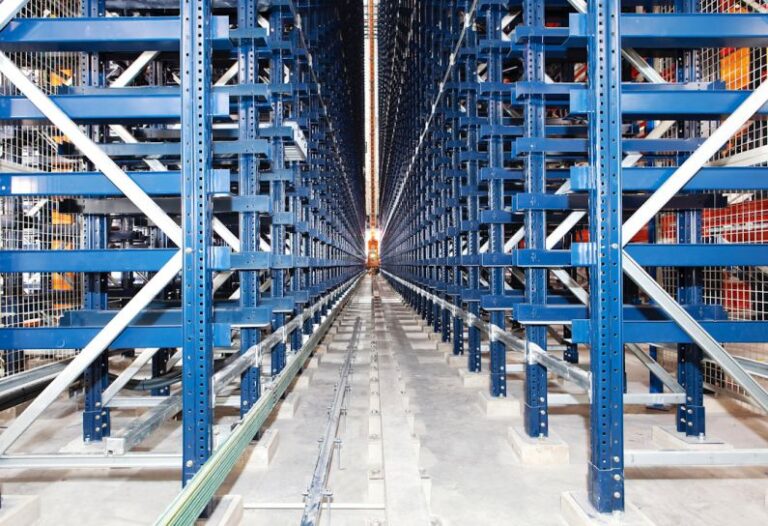Machine Learning for Predictive Logistics
Advancements in technology have revolutionized the field of logistics, enabling businesses to optimize their supply chain processes and enhance overall efficiency. One of the key technologies driving this transformation is machine learning. Machine learning algorithms are being increasingly utilized in predictive logistics to forecast demand, optimize routing, and improve inventory management. This article explores the role of machine learning in predictive logistics and its impact on the industry.
Understanding Predictive Logistics
Predictive logistics involves using data analytics and machine learning algorithms to anticipate future events in the supply chain. By analyzing historical data, machine learning models can predict trends, identify patterns, and make accurate forecasts. This proactive approach enables businesses to make informed decisions, mitigate risks, and streamline operations.
Demand Forecasting
One of the key applications of machine learning in predictive logistics is demand forecasting. By analyzing past sales data, market trends, and external factors, machine learning models can predict future demand with high accuracy. This enables businesses to optimize inventory levels, reduce stockouts, and improve customer satisfaction. By leveraging machine learning for demand forecasting, companies can better align supply with demand and avoid costly overstock or understock situations.
Route Optimization
Machine learning algorithms are also used for route optimization in logistics. By analyzing real-time data such as traffic conditions, weather forecasts, and delivery schedules, these algorithms can recommend the most efficient routes for transportation vehicles. This helps businesses minimize fuel costs, reduce delivery times, and improve overall fleet efficiency. By leveraging machine learning for route optimization, companies can enhance customer service levels and achieve cost savings.
Warehouse Management
Machine learning plays a crucial role in warehouse management by optimizing inventory placement, picking processes, and storage capacity. By analyzing data on SKU movement, order volumes, and warehouse layout, machine learning models can recommend optimal storage configurations and improve order fulfillment efficiency. This results in reduced picking errors, faster order processing times, and increased warehouse productivity. By using machine learning for warehouse management, businesses can enhance operational efficiency and reduce operational costs.
Risk Management
Another important application of machine learning in predictive logistics is risk management. By analyzing data on supplier performance, market volatility, and geopolitical factors, machine learning models can identify potential risks in the supply chain and recommend mitigation strategies. This proactive approach helps businesses anticipate and address risks before they escalate, ensuring continuity of operations and minimizing disruptions. By leveraging machine learning for risk management, companies can enhance resilience and adaptability in an increasingly complex business environment.
The Future of Predictive Logistics
As technology continues to evolve, the role of machine learning in predictive logistics is expected to expand further. Advancements in artificial intelligence, sensor technology, and data analytics will enable businesses to develop more sophisticated predictive models and optimize their supply chain processes to a greater extent. By harnessing the power of machine learning, companies can gain a competitive edge, improve operational efficiency, and deliver superior customer experiences.
In conclusion, machine learning is transforming the field of predictive logistics by enabling businesses to make data-driven decisions, optimize processes, and mitigate risks. By leveraging machine learning algorithms for demand forecasting, route optimization, warehouse management, and risk management, companies can enhance efficiency, reduce costs, and improve overall supply chain performance. As technology continues to advance, the future of predictive logistics looks promising, with machine learning playing a central role in driving innovation and competitiveness in the industry.






